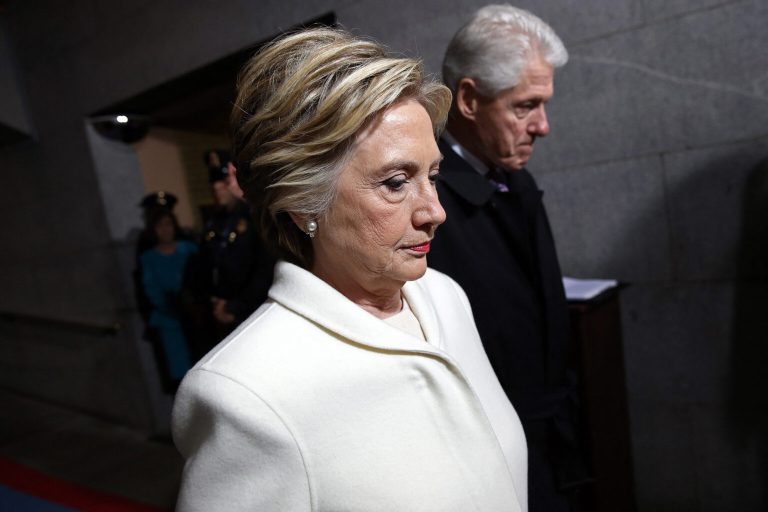
The U.S. government has warned its citizens to reconsider travelling to Nigeria due to increased risk of crime, terrorism, civil unrest, kidnapping, and arme robbery. This warning comes just one day after Nigerian President Bola Tinubu, who is currently in the U.S. for the United Nations General Assembly (UNGA), urged Nigerians in abroad to return home.
According to The Guardian, a new travel advisory issued by the United States Department of State on September 20 included a categorical “do not travel” warning for the states of Borno, Yobe, Kogi, and Adamawa due to terrorism and kidnapping; and for the states of Bauchi, Gombe, Kaduna, Kano, Katsina, Sokoto, and Zamfara due to kidnapping.
Crime, kidnapping, and armed gangs prompted a similar travel advisory for the states of Abia, Anambra, Bayelsa, Delta, Enugu, Imo, and Rivers (with the exception of Port Harcourt).
The United States has classified these countries as having a very high risk of terrorism, intercommunal violence, and kidnapping (Level 4), and has warned that security operations to counter these threats may be carried out without prior notice.
Only Lagos and 17 other states in addition to the Federal Capital Territory (FCT) are not included in the travel advisory’s coverage.
Armed robbery, assault, carjacking, kidnapping, hostage taking, roadside banditry, and rape are all too common across the country. Kidnappings for ransom are common, and they frequently target U.S. citizens perceived to be wealthy as well as dual nationals who have returned to Nigeria for a visit. The advisory warned that kidnapping victims on interstates was a growing problem.
Attacks planned and carried out by terrorists remain a persistent problem in Nigeria. Any large gathering place is a potential target for terrorists, including stores, markets, hotels, temples, cafes, universities, train stations, bus depots, and airports. To further their goals, terrorists often form alliances with smaller criminal organisations.
Some areas of Southern Nigeria, particularly the Niger Delta and Southeast regions, are experiencing civil unrest and armed gangs. Armed criminality and gangs, including kidnapping and assaults on Nigerian security services, are also common in this part of the country. Conflicts between rural farming and herding communities are a real possibility, it warned.
The July 26 coup that deposed President Mohamed Bazoum and placed him under house arrest prompted the immediate evacuation of non-emergency government employees from Niger, prompting the State Department to issue a travel advisory on August 2 with the same Level 4 – Do Not Travel warning.
The State Department upgraded its alert on Nigeria to Level 3 — Reconsider Travel — on January 20 of this year.
On the other hand, the advisory was updated to state that terrorist groups based in the Northeast routinely attack humanitarian camps, security forces, churches, schools, mosques, government installations, educational institutions, entertainment venues, and road travellers. As a result of the fighting in Northeast Nigeria, roughly two million people have been forced to leave their homes.
The State Department also issued a warning, saying that due to the current security situation in many parts of Nigeria, the government is unable to provide adequate emergency services to U.S. citizens.






